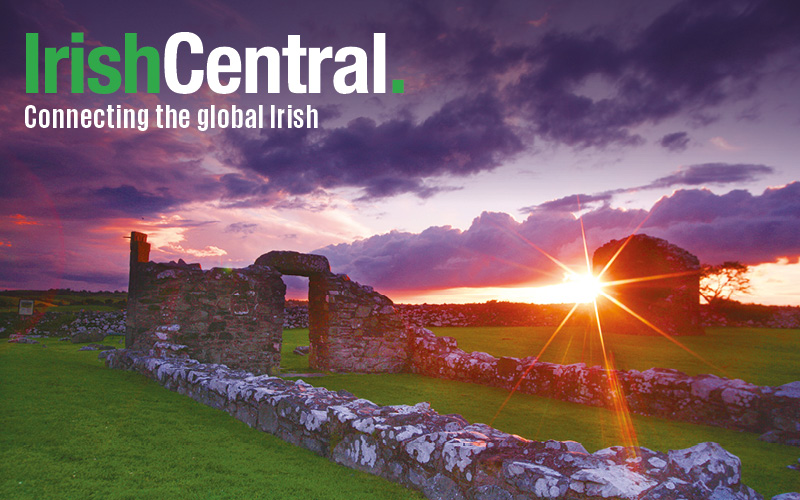Everyone has heard of the Celts, but their stories and myths are largely unknown even to those who love ancient and medieval literature. In Celtic Mythology, I present the very best tales of the Celts from ancient times until the age of Saint Patrick. To set the stage for the book, here are a few facts that may surprise you.
Ten things you probably didn't know about the Celts
- The Celts lived across much of ancient Europe and beyond—Spain, Portugal, France, northern Italy, Austria, Switzerland, southern Germany, Austria, Belgium, Britain, Ireland, all were occupied by Celtic tribes. They even spread into eastern Europe all the way to the Black Sea and into modern Turkey. Celts also served as hired soldiers for the kings of Egypt.
- The Celts were never a single nation—Although they spoke related languages and worshipped many of the same gods, they were never a single people. If they had been organized and united, they probably would have been strong enough to conquer the known world.
- They were tremendous warriors—The Romans could beat almost anyone in battle, but time and again when they met the ancient Celts in war they lost. In the end the Romans conquered them all (except for the Irish), but only at an enormous cost.
- The women of the Celts were fearless and respected—Women such as the British Queen Boudicca ruled their tribes as well or better than men. Women also fought bravely in battle and had strong legal rights, such as the option to divorce a husband if he became too fat to have sex with her.
- We don't know much about the Druids—The druids were the priests of the Celtic world, but aside from the fact that they carefully studied nature, presided the occasional human sacrifice, and could be women as well as men, our knowledge of them is sadly limited.
- The Celts were great poets—The bardoi (the origin of our English word bard) were the singing poets of the Celts. They were highly respected and composed haunting songs of praise and satire. They could stop battles by stepping between armies and were paid well in gold for their services.
- They worshipped a multitude of gods—We know the names of hundreds of Celtic gods, though very little about their powers and myths. Chief among them was Lugus, a god of many skills, whom the Romans compared to their own god Mercury.
- They loved to cut off heads—Decapitating an enemy in battle was a great accomplishment. The heads were taken home and stored in cedar oil for years as trophies.
- St. Patrick never drove the snakes out of Ireland—There hadn't been snakes in Ireland since the last ice age, but the story of Patrick and the snakes became part of Celtic folklore.
- Celtic mythology is an undiscovered treasure—Most people know about Greek and Norse mythology, but few know the stories of the Celts. Magical journeys to the Otherworld, stories of the Irish hero Cú Chulainn, tales of monsters and time-travel that inspired Tolkien and C.S. Lewis, a whole world of amazing stories are waiting for readers.

2
Celtic Mythology: Tales of Gods, Goddesses, and Heroes.
***
Philip Freeman is the Orlando W. Qualley Chair in Classics at Luther College in Decorah, Iowa and the author of Celtic Mythology: Tales of Gods, Goddesses, and Heroes now available from Oxford University Press.




Comments